
Apple Launches iPhone 17 Without AI-Powered Siri, Focusing on Hardware and Design
Apple has unveiled its highly anticipated iPhone 17 lineup, but the event left many wondering about the company’s progress in artificial intelligence. While Apple introduced new devices such as the iPhone 17, iPhone 17 Pro, iPhone 17 Pro Max, and the slimmer iPhone Air, the spotlight was noticeably missing from Siri, Apple’s long-standing digital assistant. In fact, Siri was not mentioned at all, despite the growing importance of AI in the smartphone industry.
Instead, Apple highlighted hardware improvements, camera upgrades, and a new design philosophy, while its rivals continue to push aggressively into AI-powered smartphones. Google, for example, recently launched its Pixel 10, complete with advanced AI features that are deeply integrated into the Android ecosystem. For many, this contrast underscored the fact that Apple’s AI-powered Siri will not be available until 2026, a significant delay in a rapidly evolving market.
Apple’s Focus on Hardware
The introduction of the iPhone Air signaled Apple’s ongoing commitment to design. The “Air” branding ties the phone to popular lightweight products such as the MacBook Air and iPad Air. While slimmer and lighter devices used to be the hallmark of smartphone innovation, today’s market has shifted toward what AI and software can do for the user. Still, Apple continues to play to its strength by perfecting build quality, refining displays, and enhancing its already strong reputation for camera technology.
The iPhone 17 models include features like Center Stage for the front-facing camera, as well as improvements in photo and video processing powered by Apple’s on-device intelligence. However, these updates did not generate the same excitement as Google’s AI-focused innovations or the rumors surrounding Samsung’s upcoming devices with enhanced AI tools.
Where AI Fits In
During the event, Apple only mentioned artificial intelligence briefly. References were made to features first introduced at WWDC, such as Visual Intelligence, on-device models, and AI-powered camera adjustments. The most notable AI feature announced was not tied to the iPhone at all, but rather to the AirPods 3, which will gain live translation capabilities.
For many, this demonstrated that Apple is moving cautiously with AI, choosing to refine specific features instead of pushing a fully integrated AI assistant. Critics argue that this approach leaves Apple behind competitors who have been faster to embrace AI as a core part of the smartphone experience.
Could Outsourcing Be the Answer?
Reports suggest that Apple may be looking to third-party partnerships to fill the AI gap. Rumors point to collaborations with companies like Google, Anthropic, or OpenAI, which could power a more advanced Siri in the near future. While outsourcing might initially seem like an admission of weakness, it could actually benefit both Apple and its users.
Consumers are already accustomed to replacing Apple’s native apps with Google’s ecosystem, including Gmail, Google Drive, Google Maps, and Chrome. If Apple integrates a proven AI model like Google Gemini directly into the iPhone, users could enjoy the seamless experience of Apple hardware paired with advanced AI performance. This strategy could also help Apple avoid the massive costs of developing its own AI infrastructure, while keeping its focus on what it does best: design, hardware, privacy, and ecosystem integration.
Balancing Hardware and AI
Apple has built its reputation on premium hardware and a tightly controlled ecosystem. Even without an AI-powered Siri today, the iPhone 17 lineup will likely attract millions of buyers who prioritize design, performance, and camera quality. For many customers, the aesthetic and functional appeal of owning the latest iPhone still outweighs the absence of cutting-edge AI features.
Looking forward, Apple could continue to present itself as a hardware-first company while integrating best-in-class AI technologies through partnerships. This hybrid approach would allow iPhone owners to benefit from both Apple’s craftsmanship and the most advanced AI available on the market.
The Road Ahead
Apple’s decision to hold off on releasing a fully AI-powered Siri until 2026 carries risks. If the company cannot quickly match the pace of its competitors, it could lose ground in the perception battle over innovation. However, if Apple plays its cards right by leveraging third-party partnerships or even acquiring an AI company, the eventual release of an AI-enhanced Siri could feel like a breakthrough moment rather than a delayed response.
For now, the iPhone 17 stands as a reminder of Apple’s strengths in hardware, design, and ecosystem integration. The devices may not lead in AI, but they embody Apple’s long-standing ability to shape consumer demand around the look, feel, and prestige of its products. The true test will come when Apple finally decides to reveal what role artificial intelligence will play in the future of the iPhone.

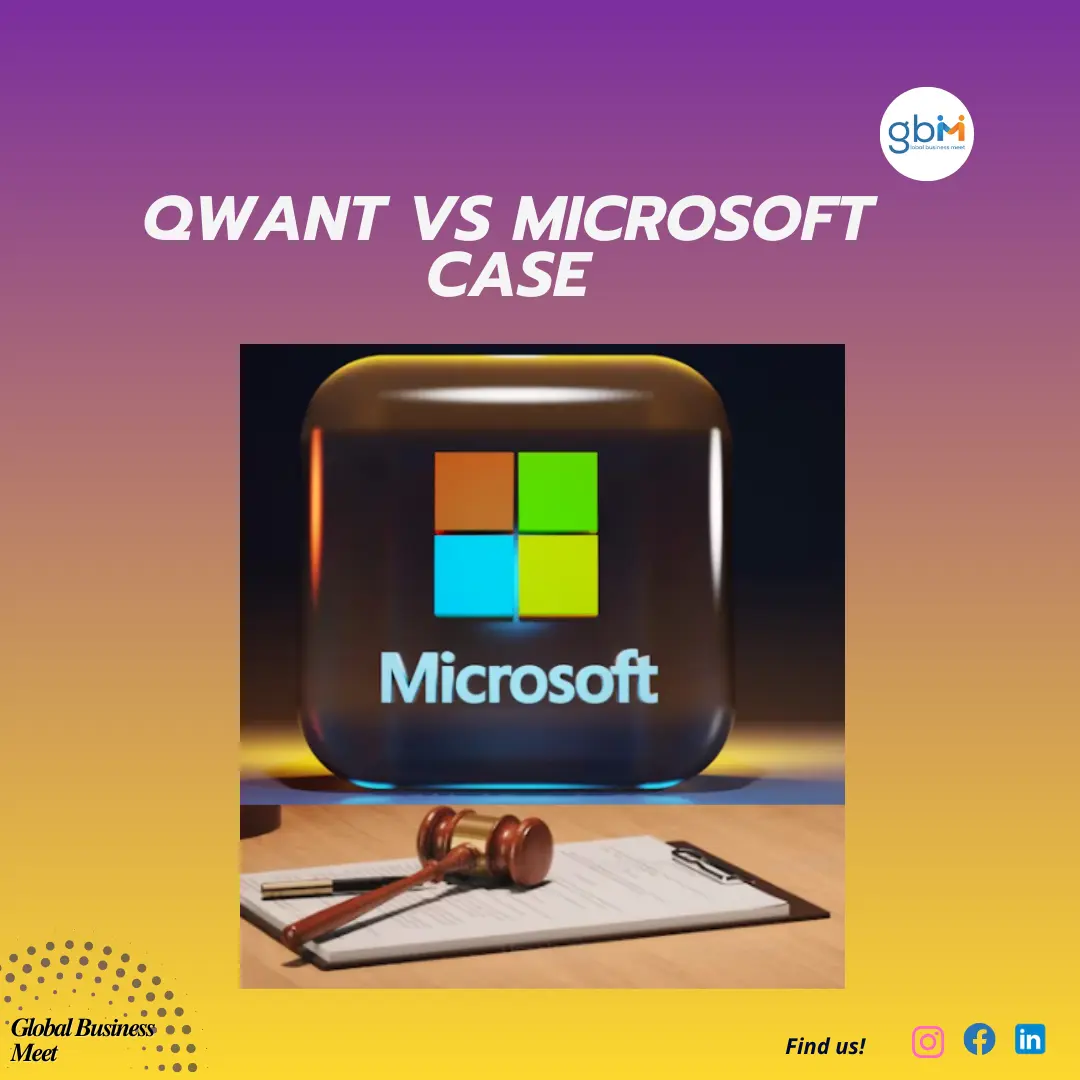



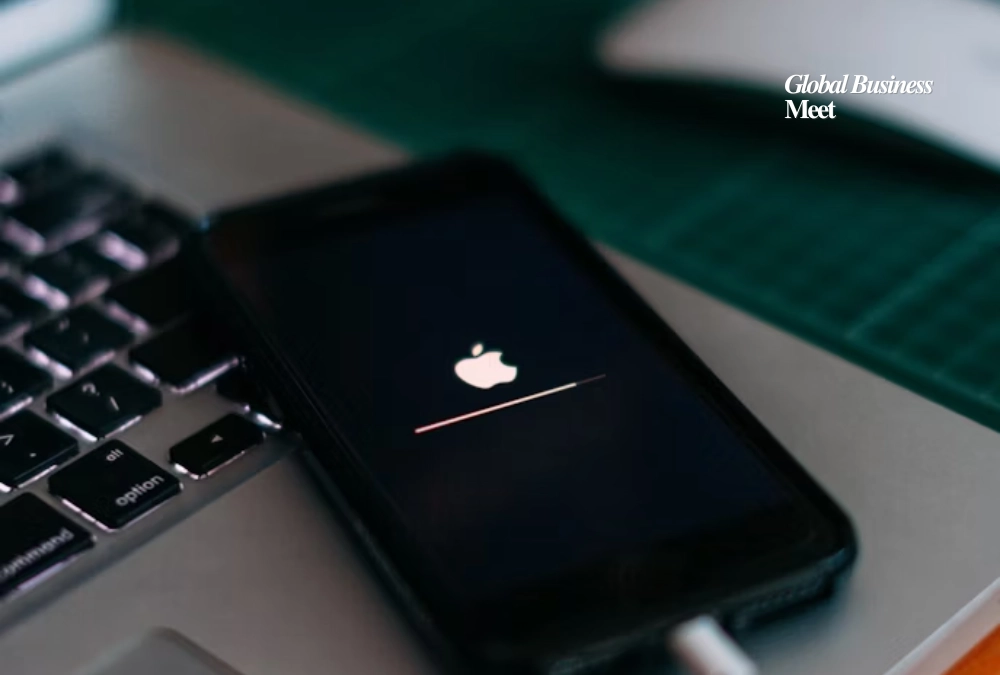

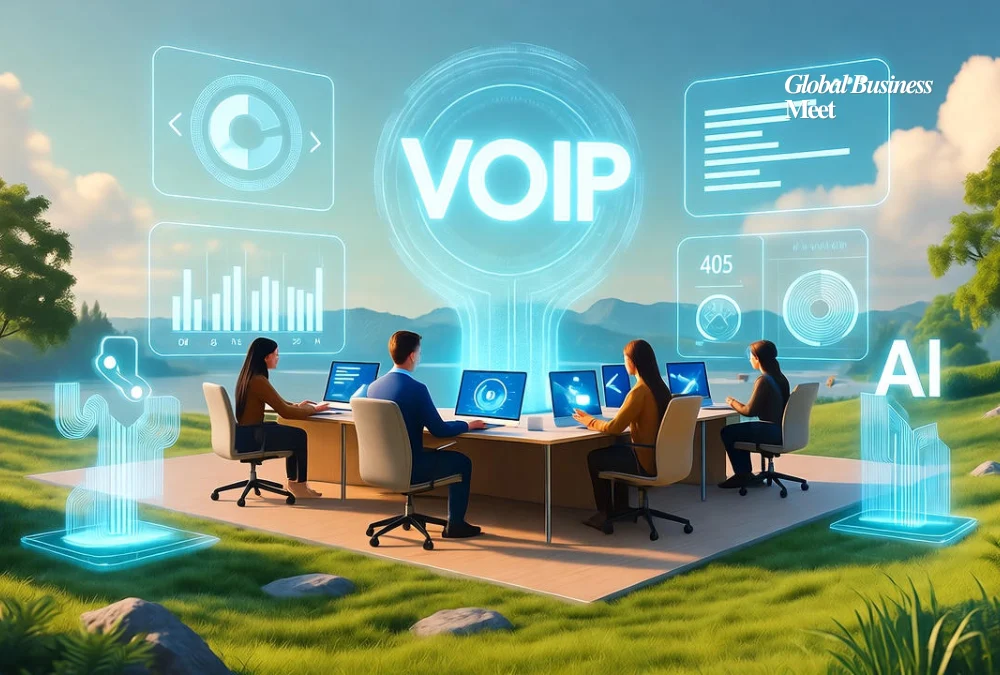
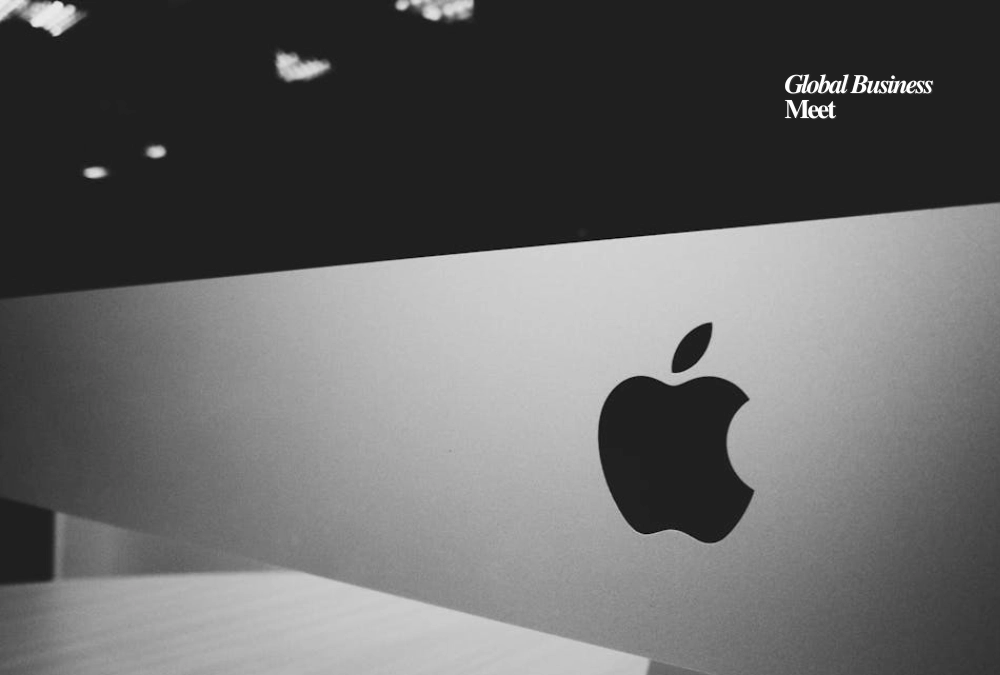
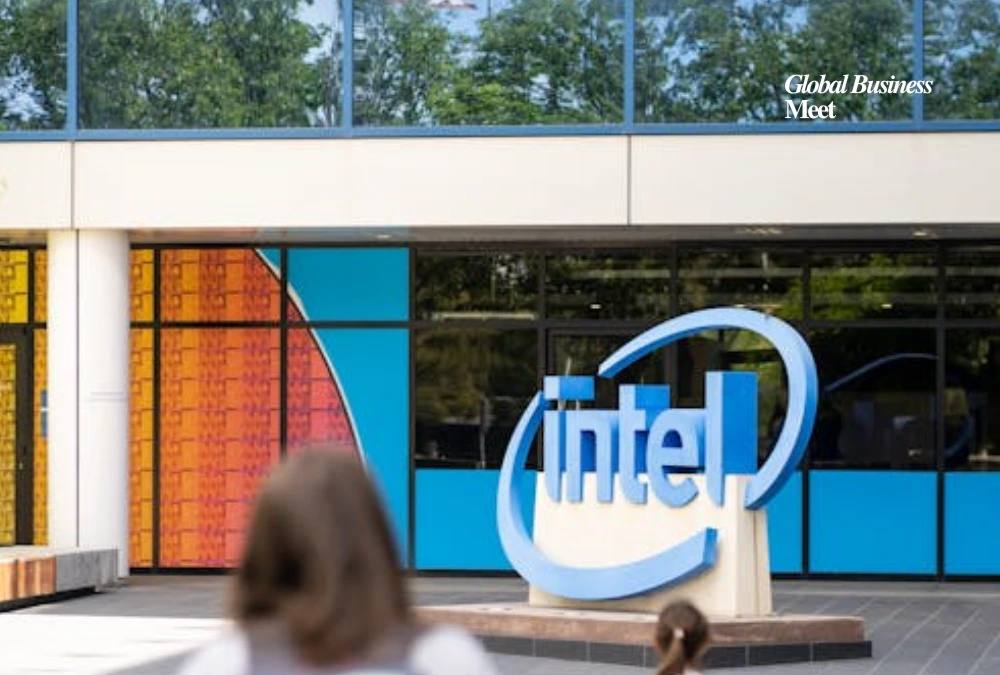
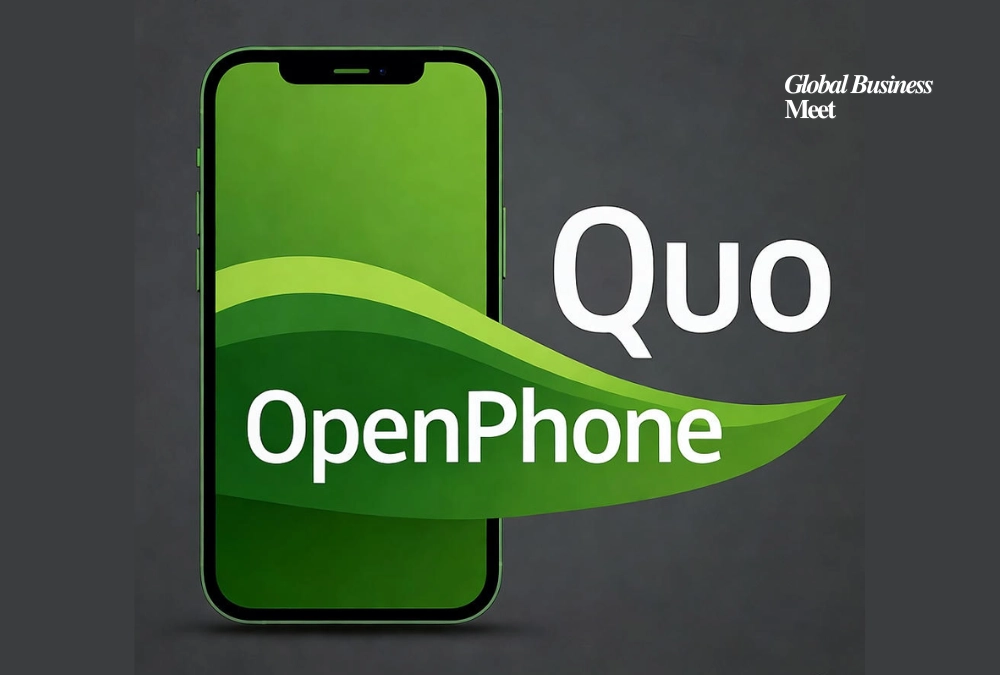
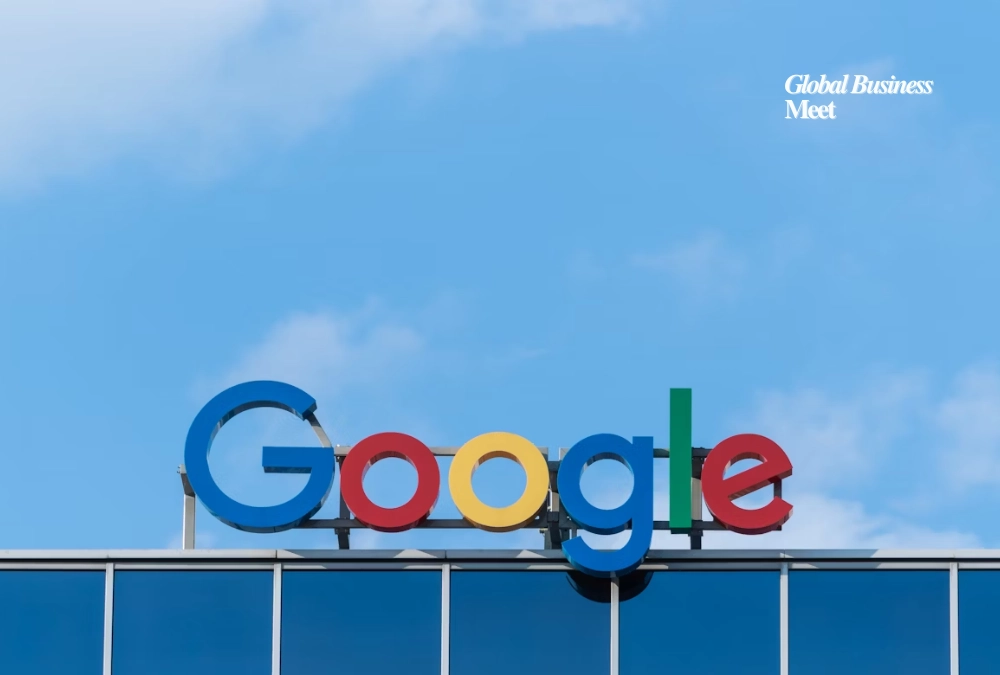
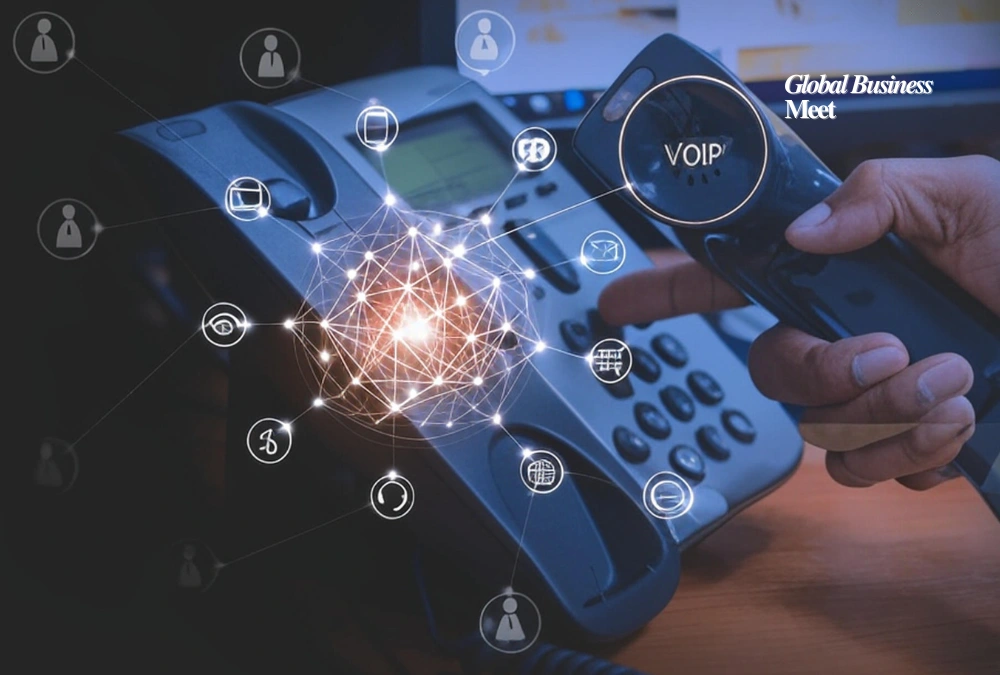

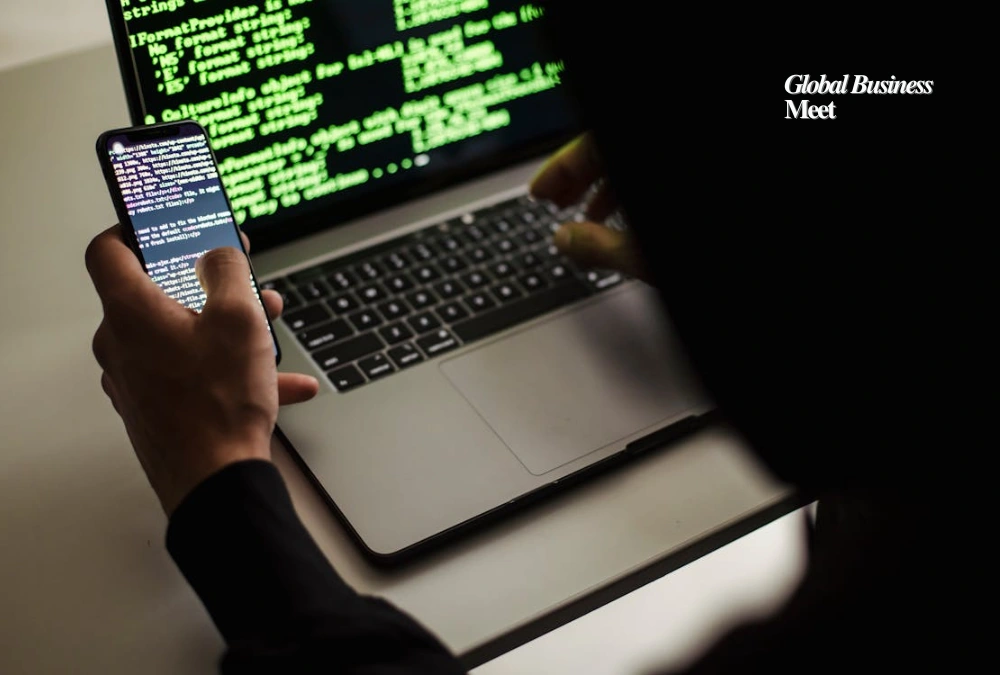
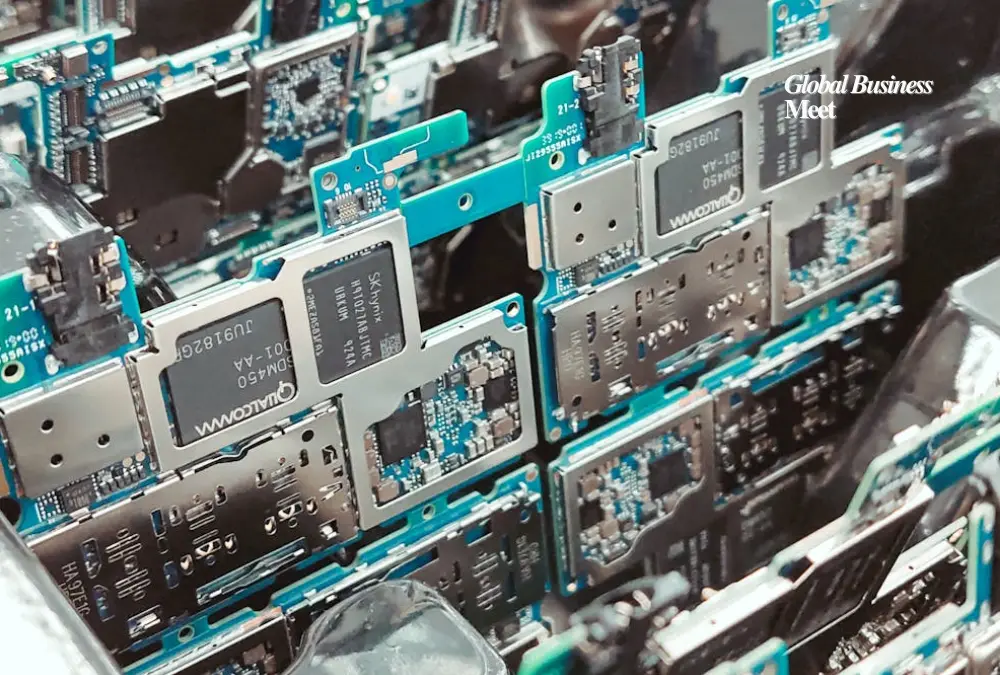
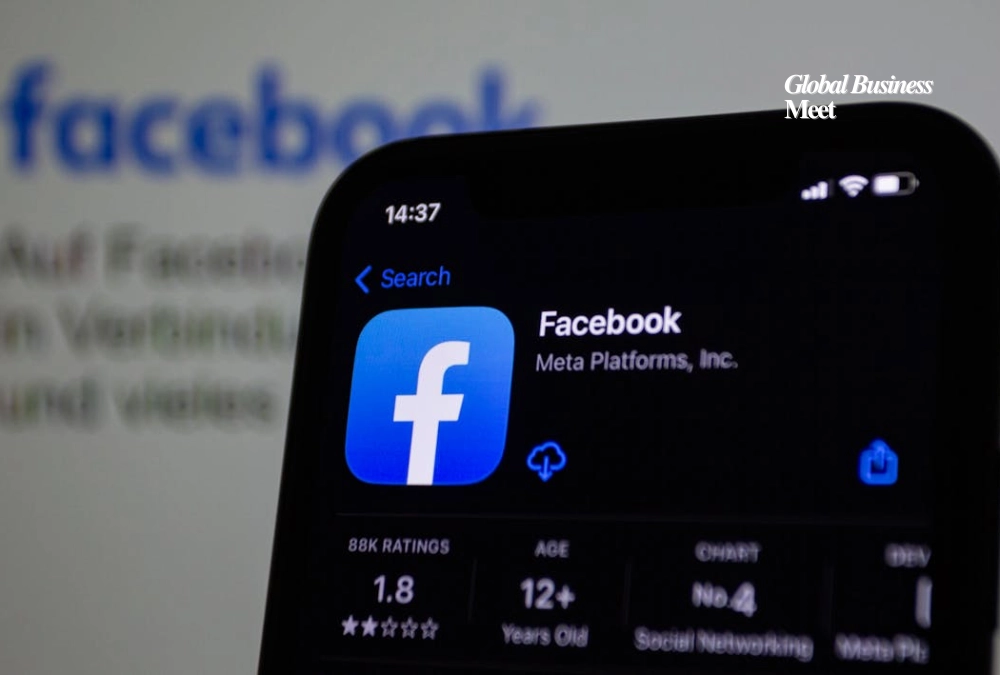
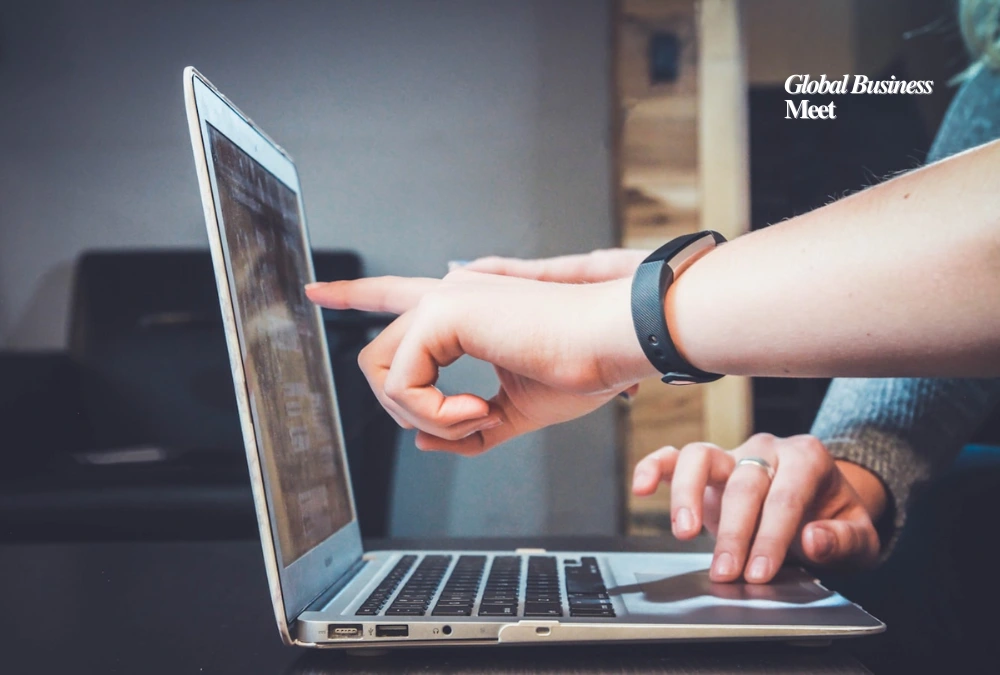
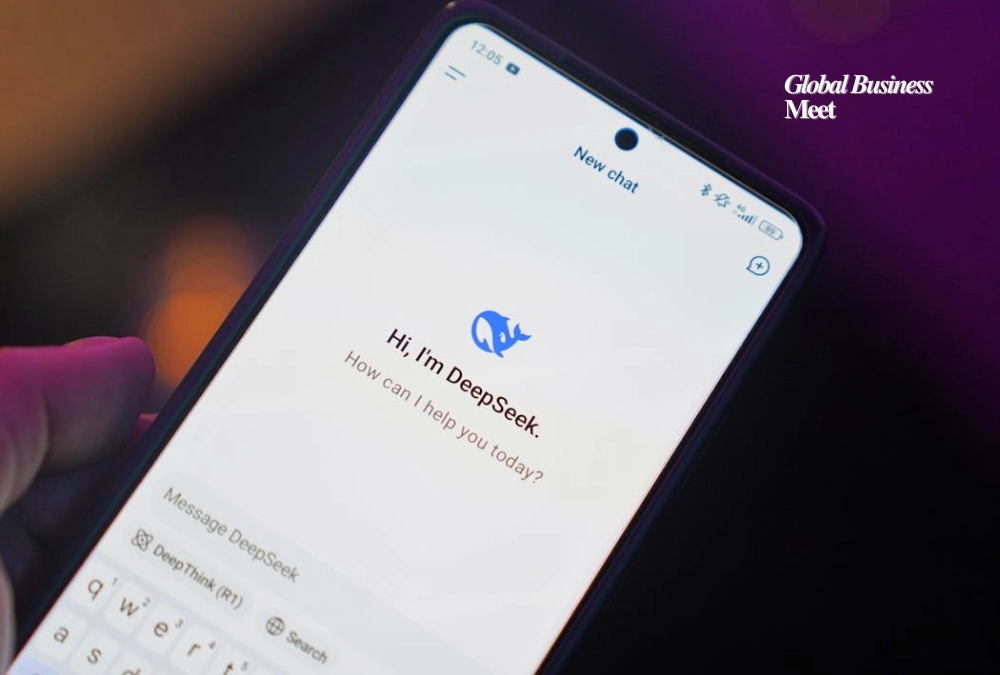
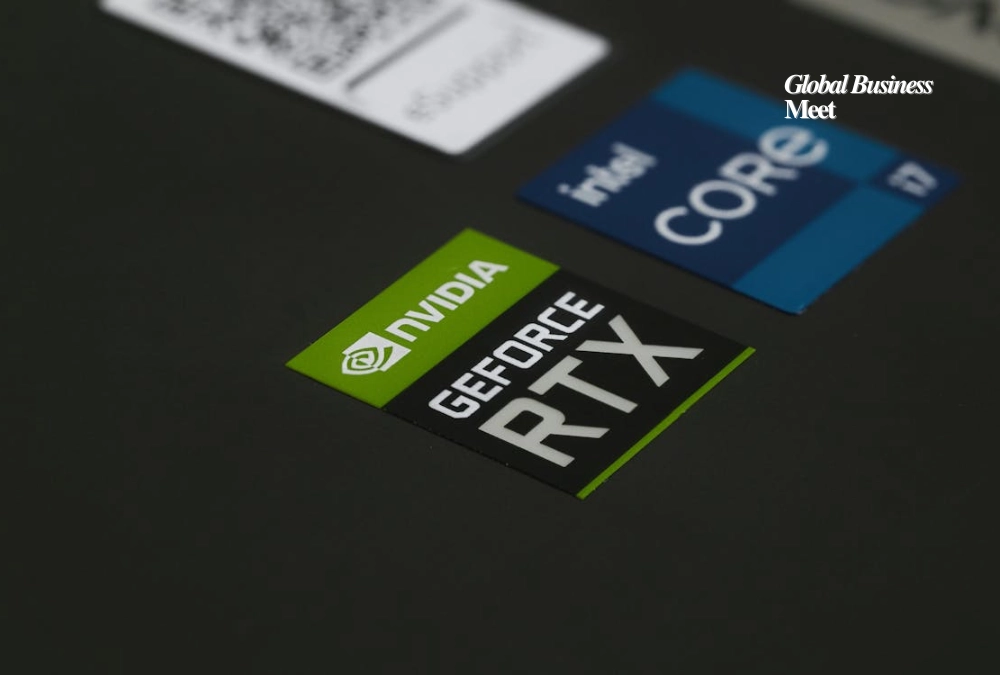
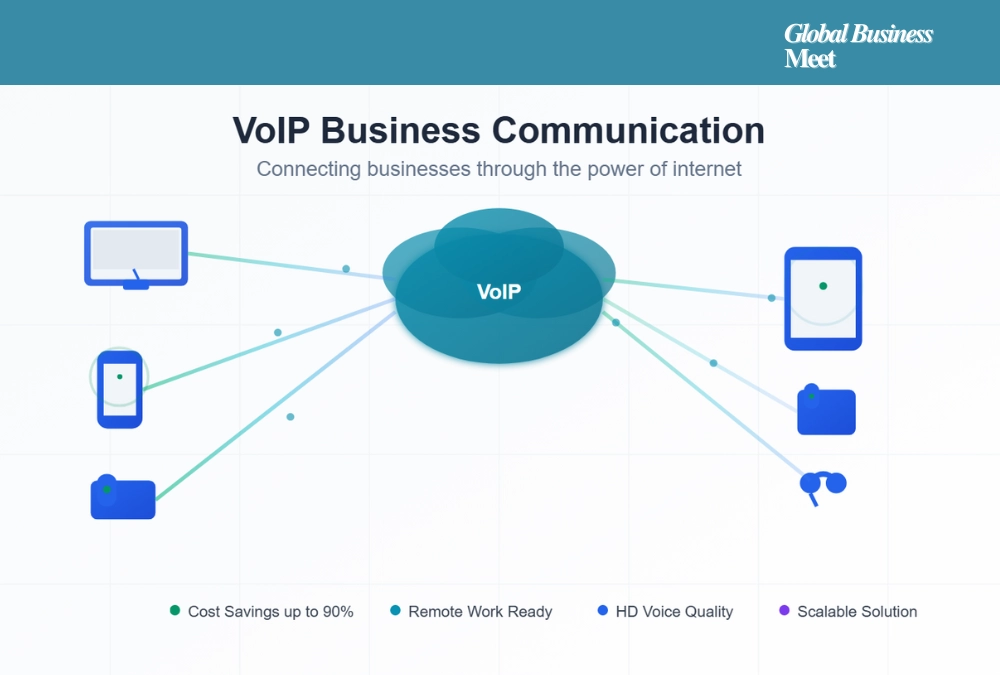

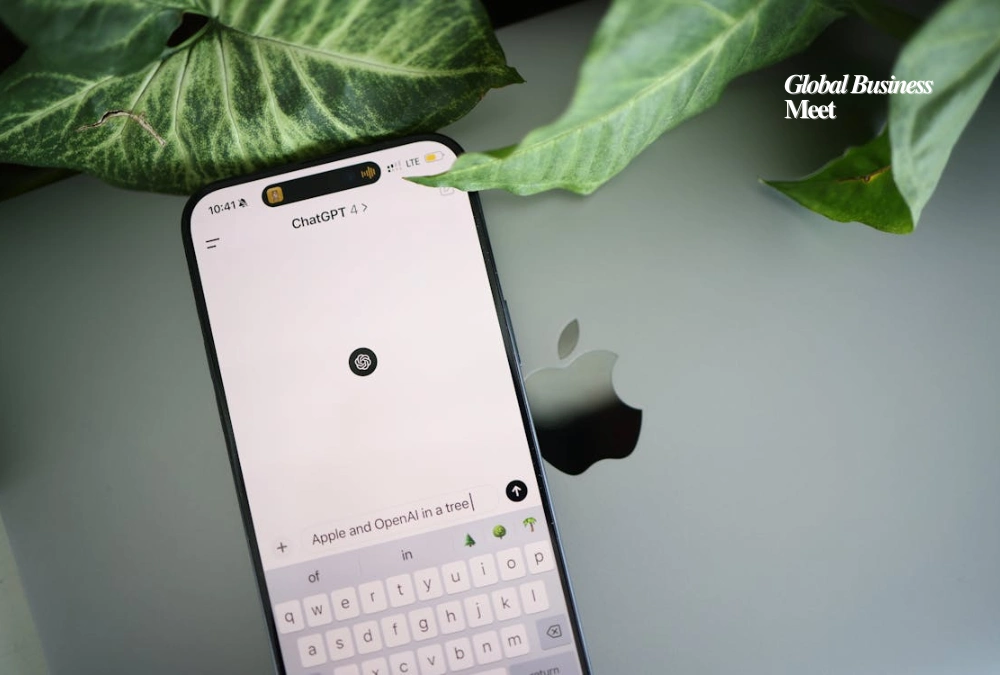
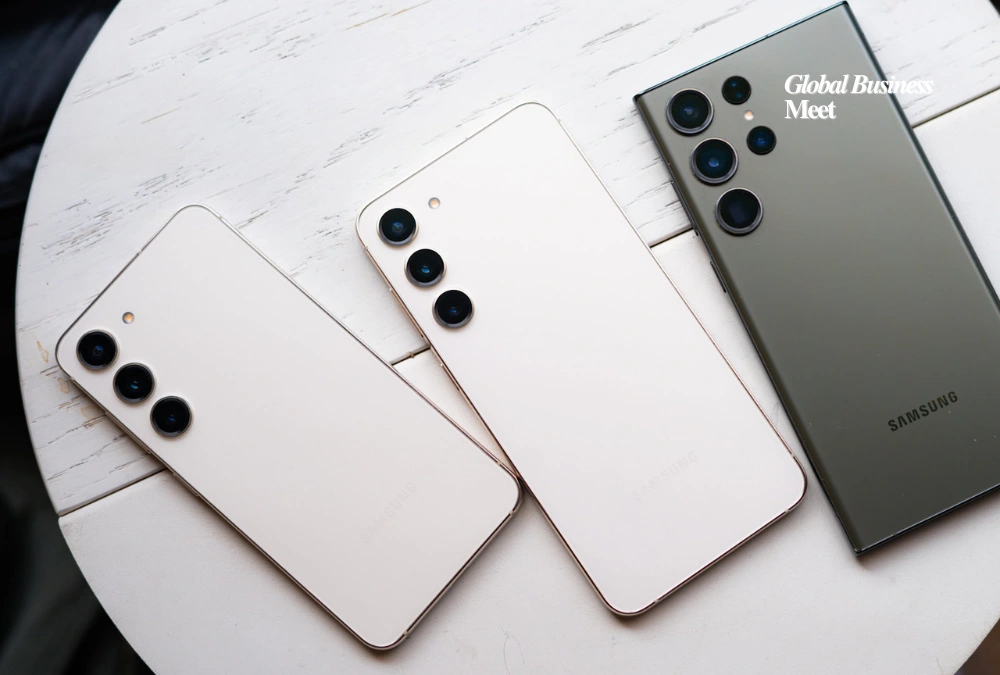




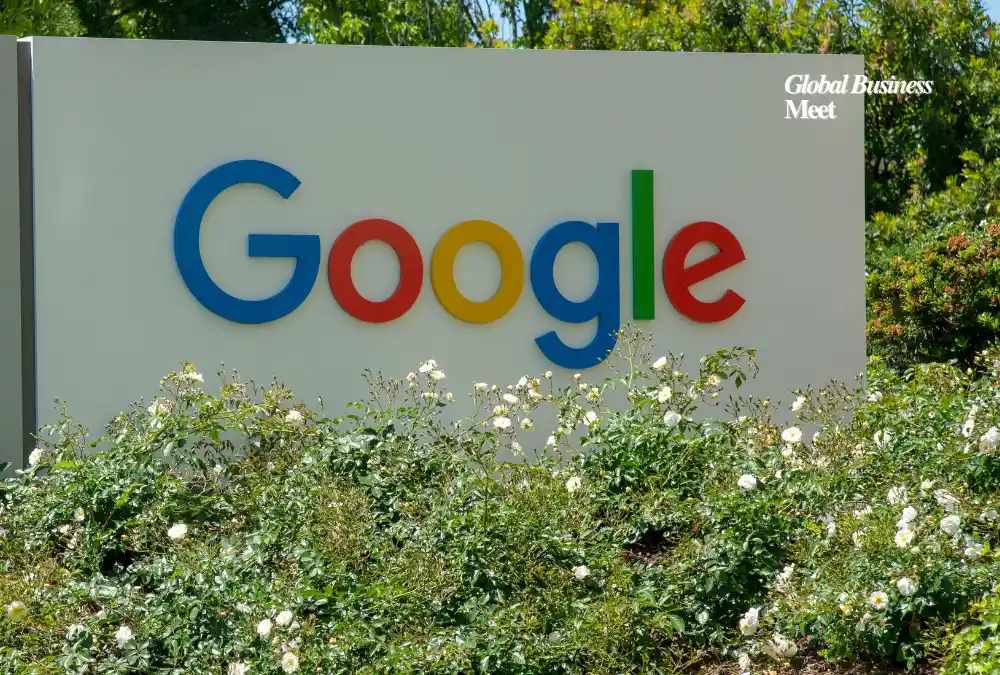
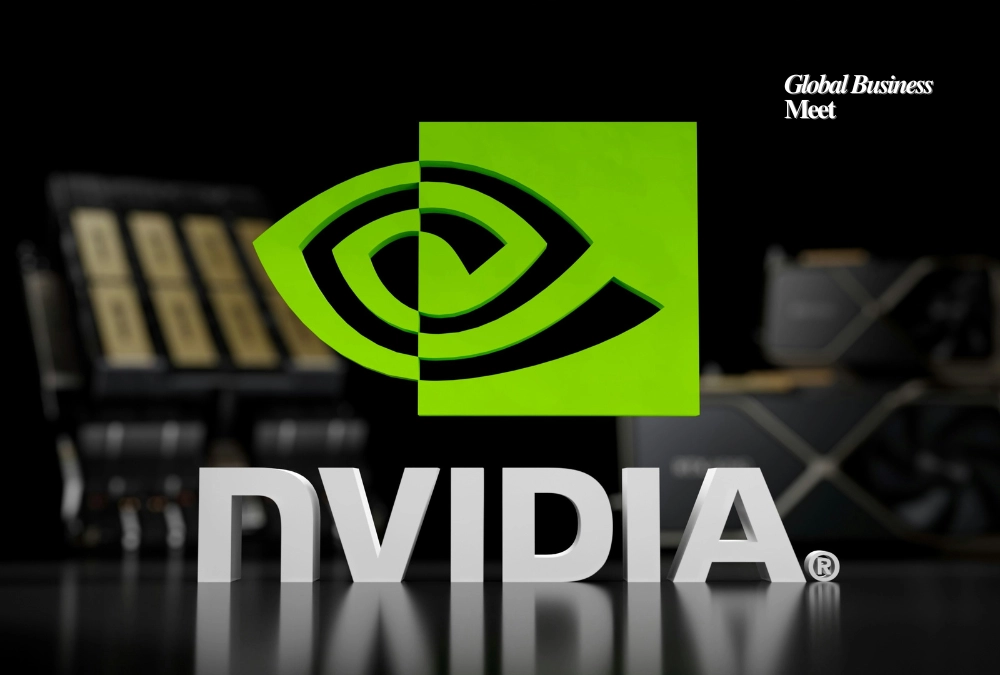







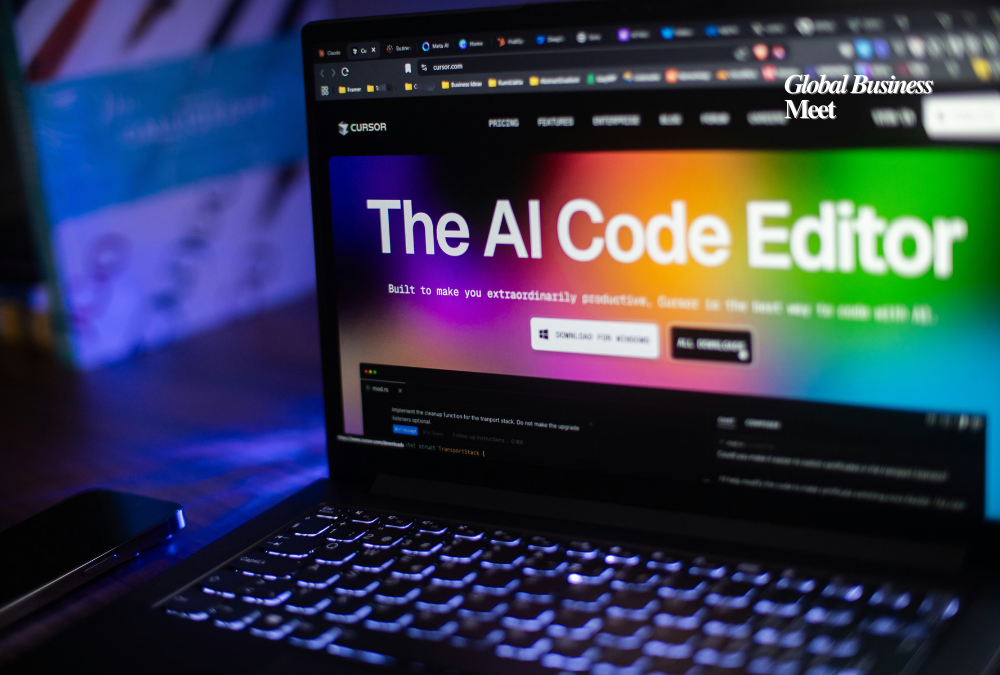









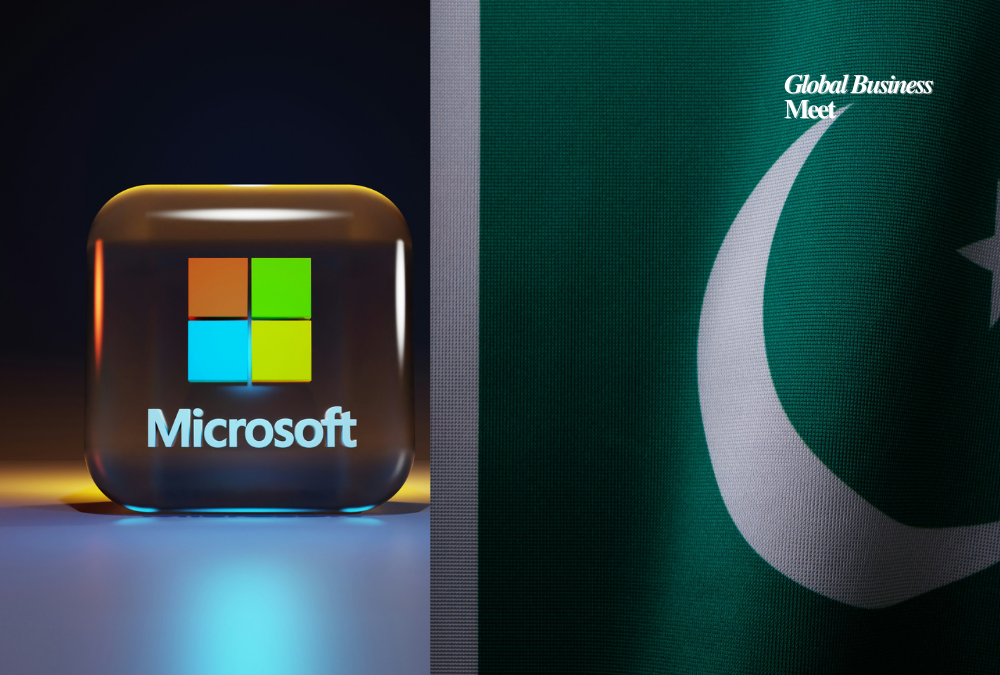



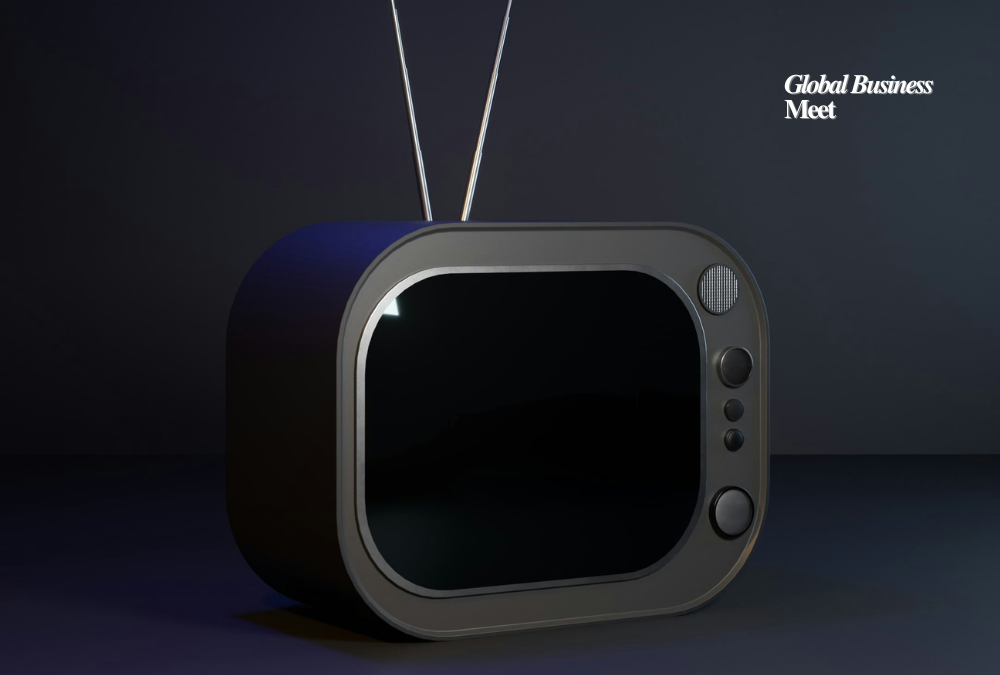
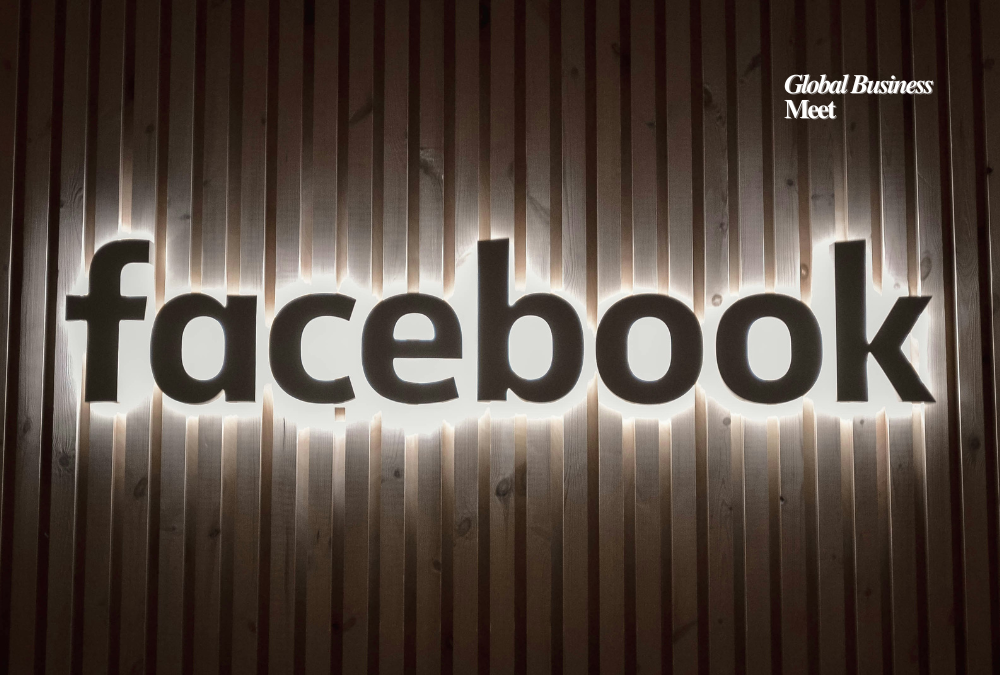

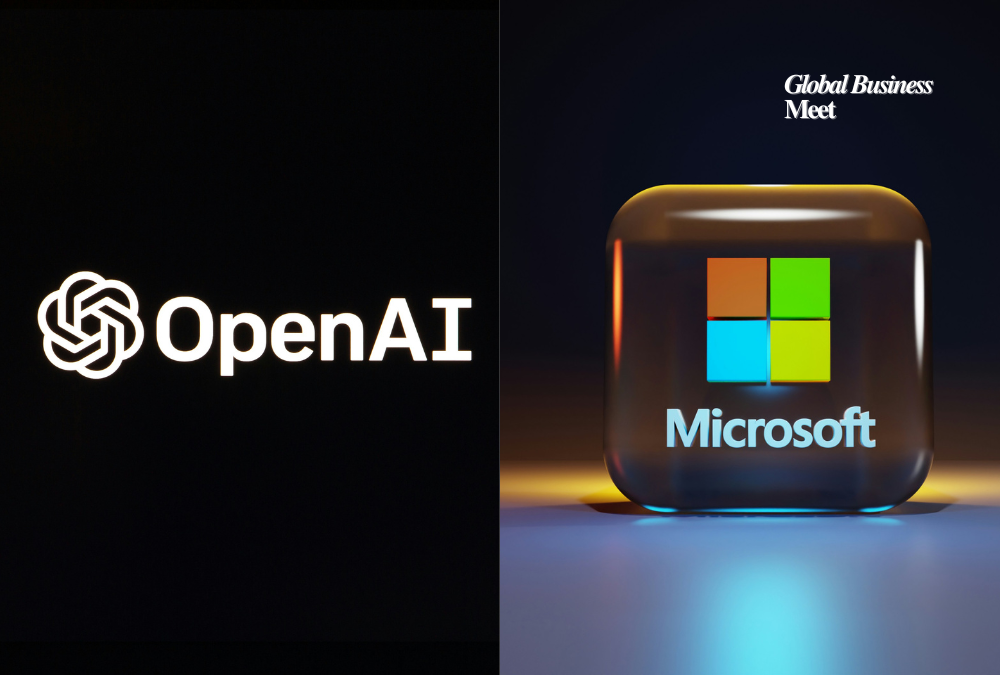



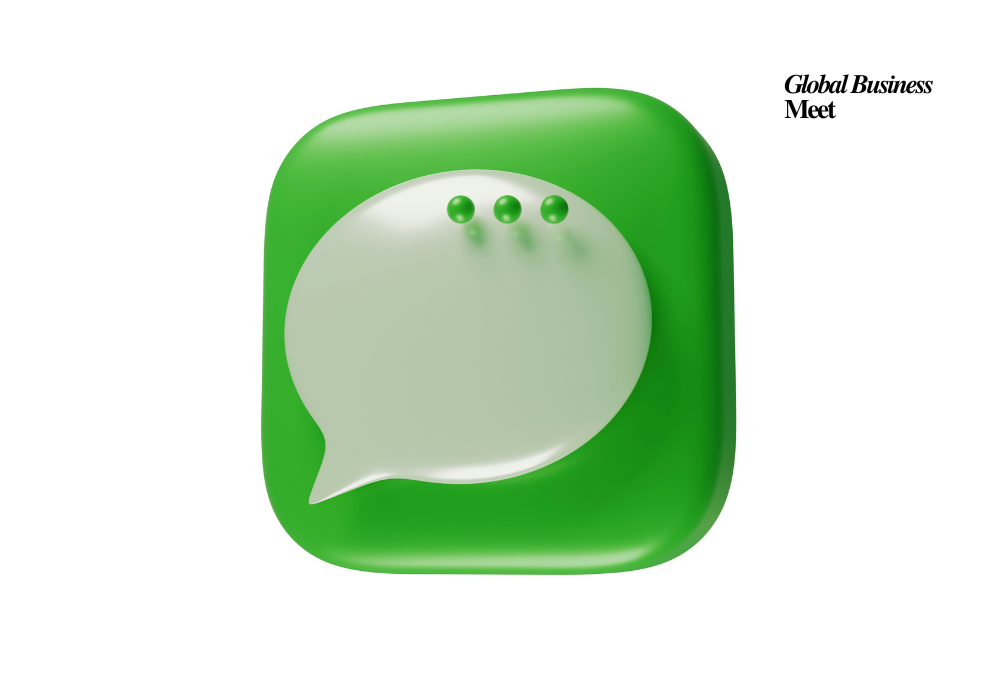




































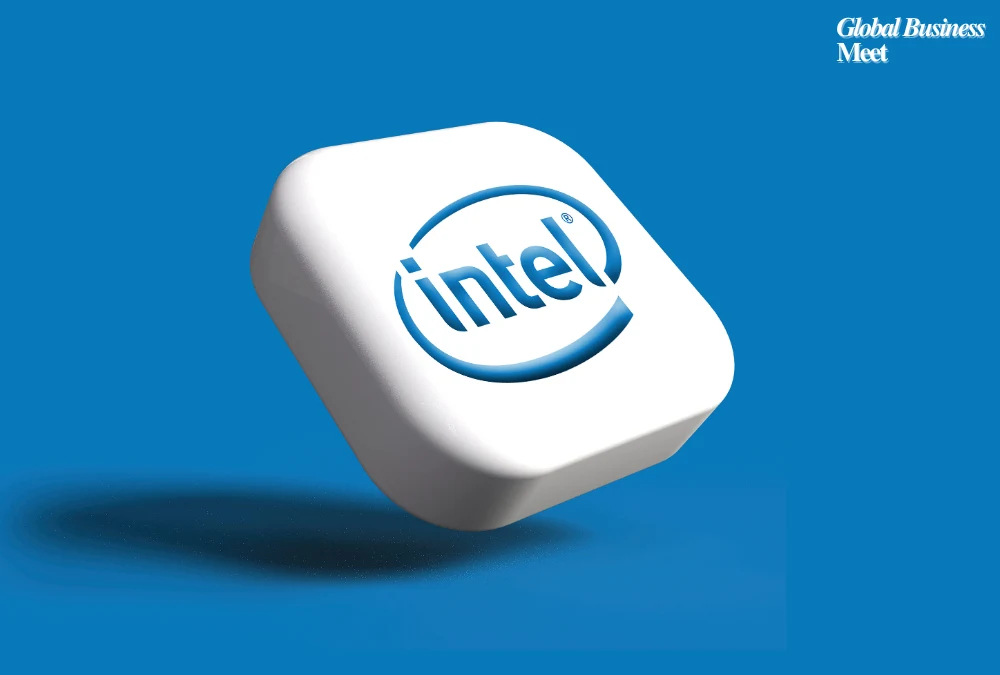




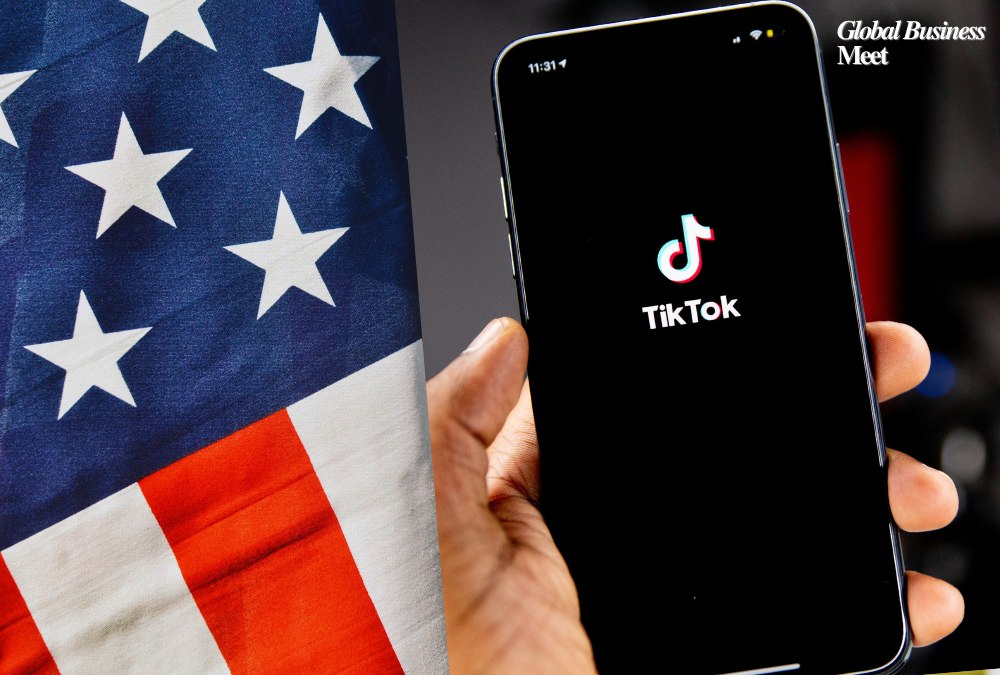
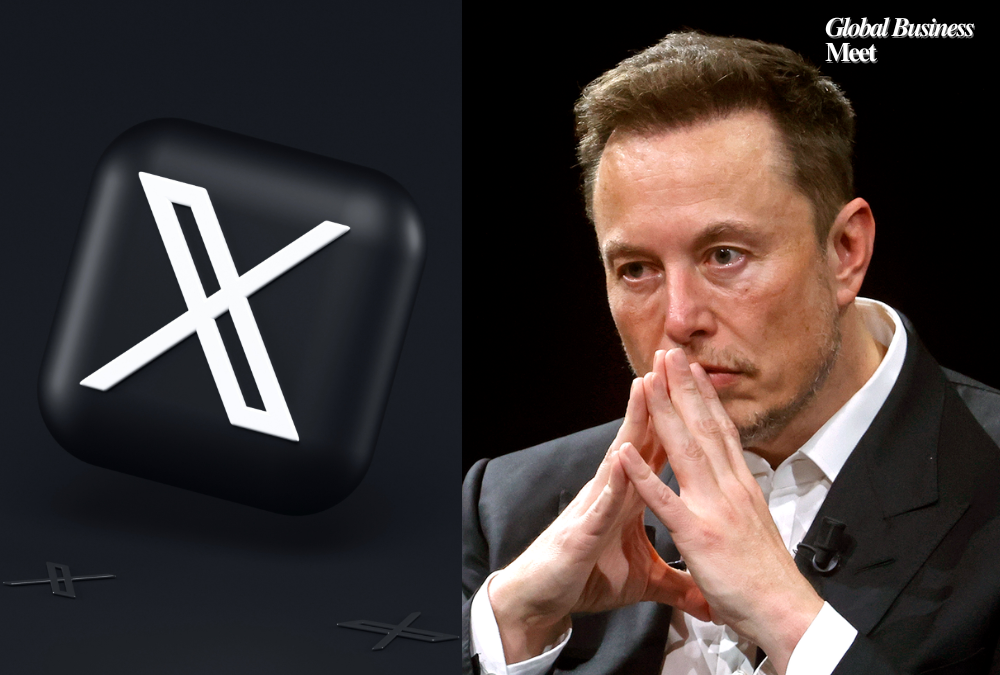

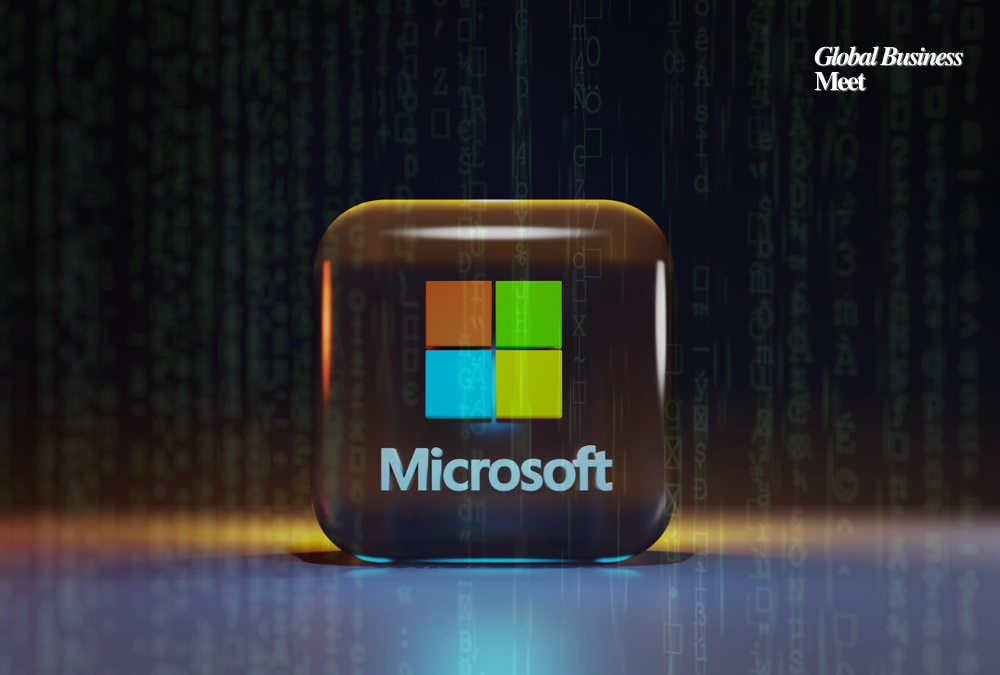
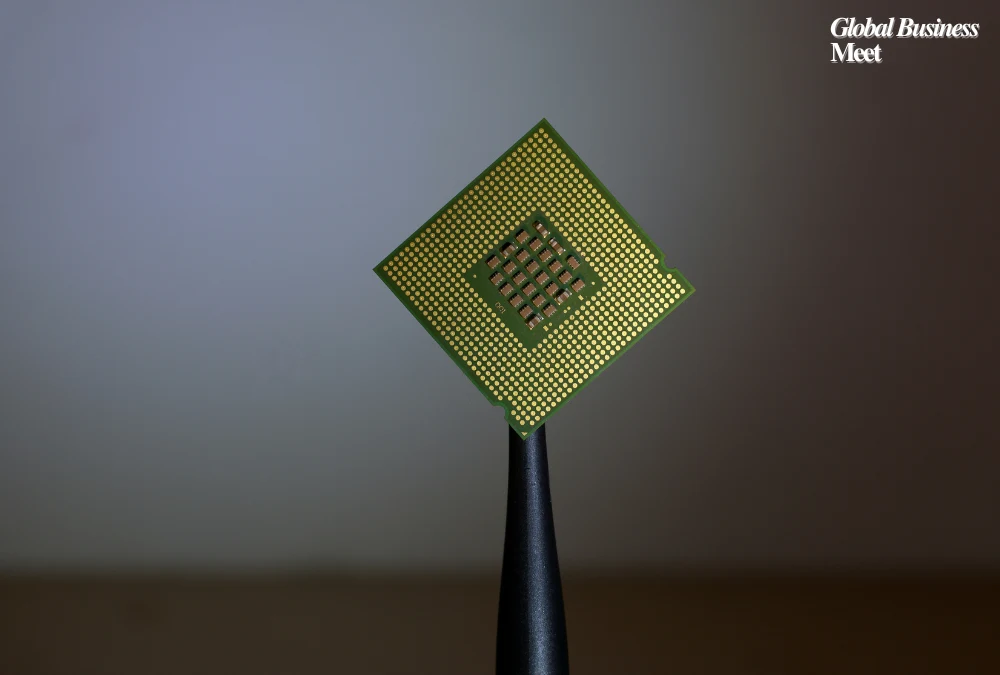



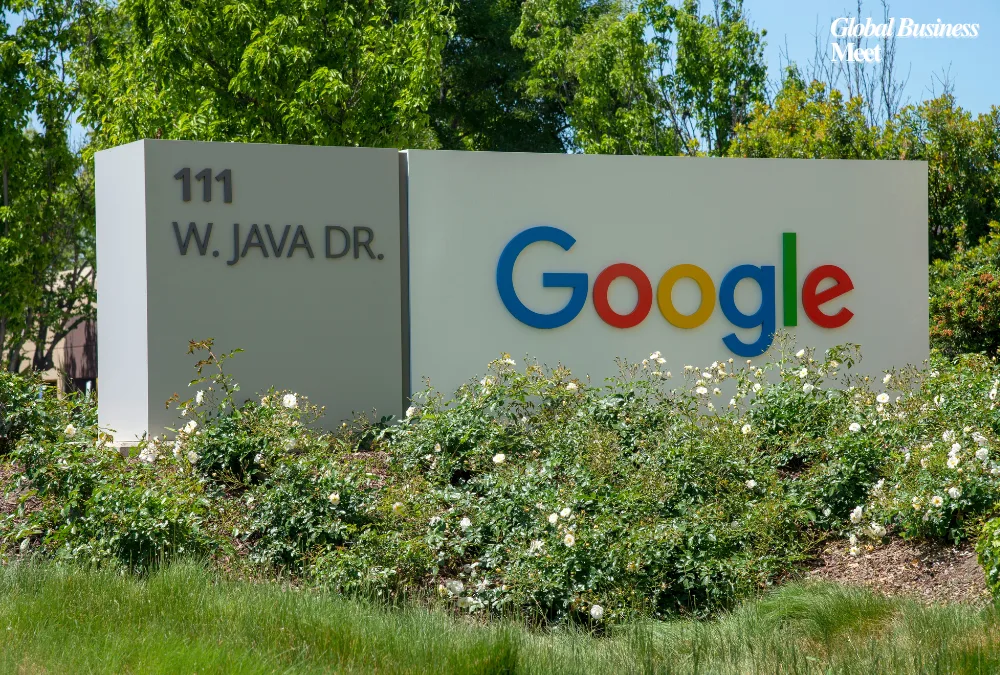
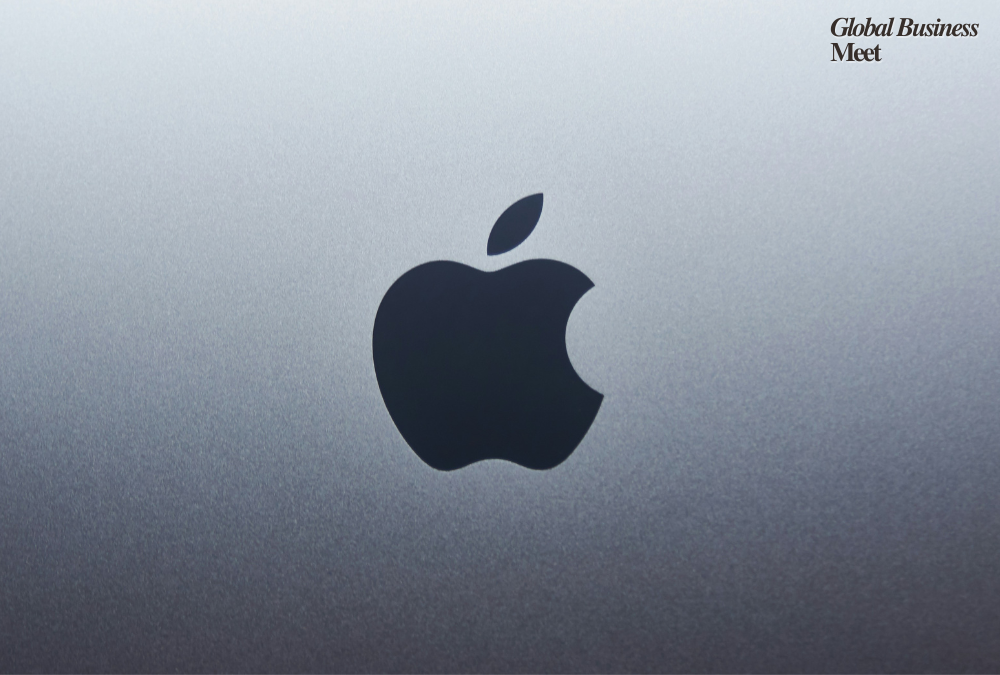
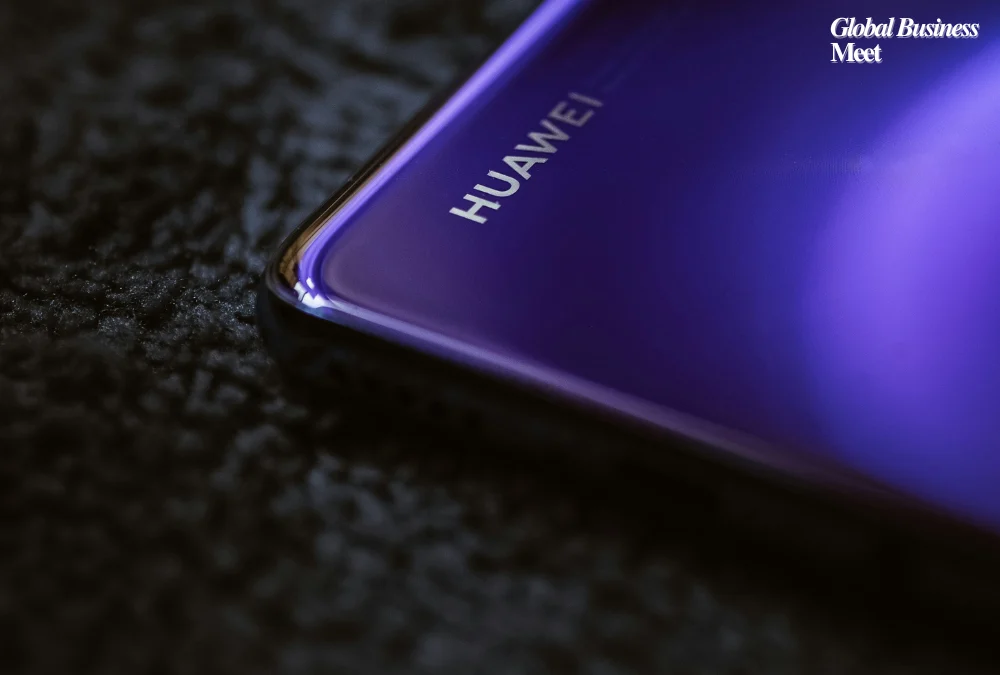
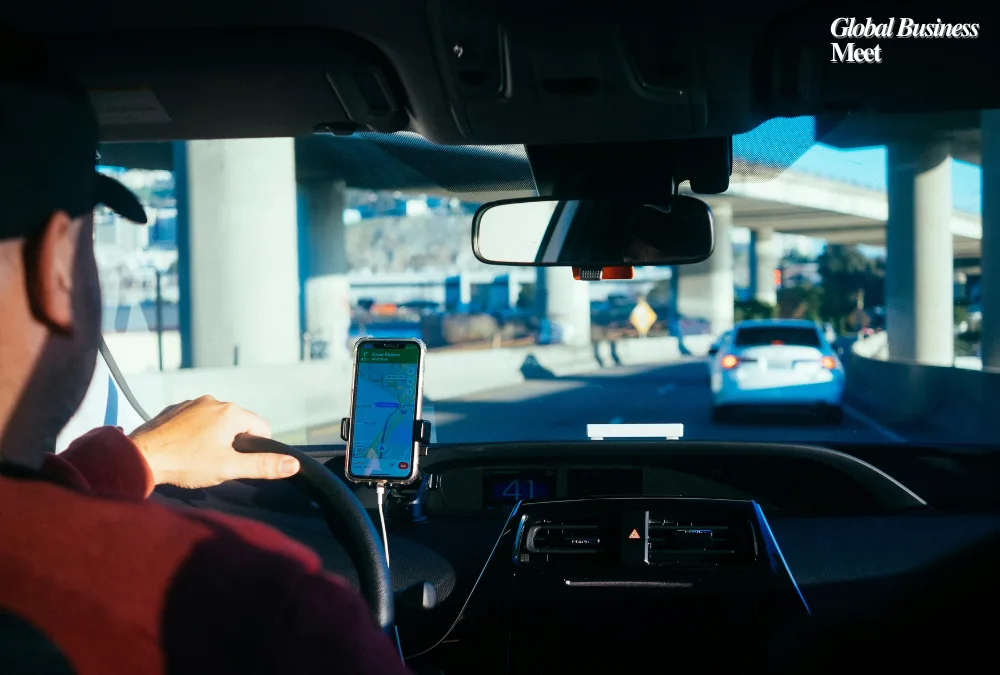

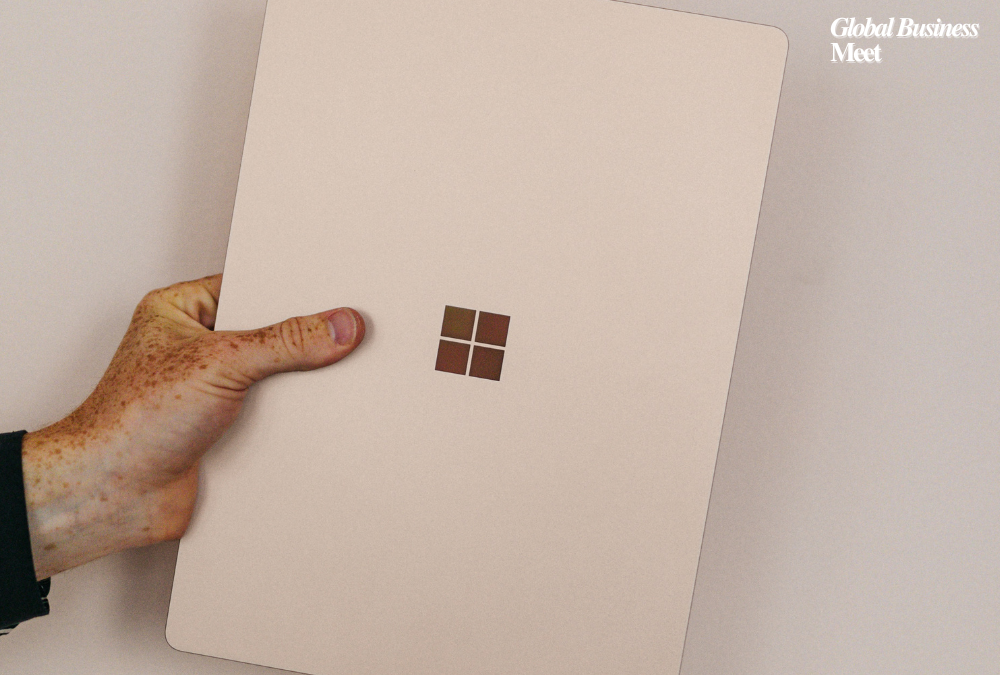








Apples cautious AI approach is understandable, but competitors are moving faster. Outsourcing with partners like Google could be a smart move to stay relevant without building costly infrastructure from scratch.